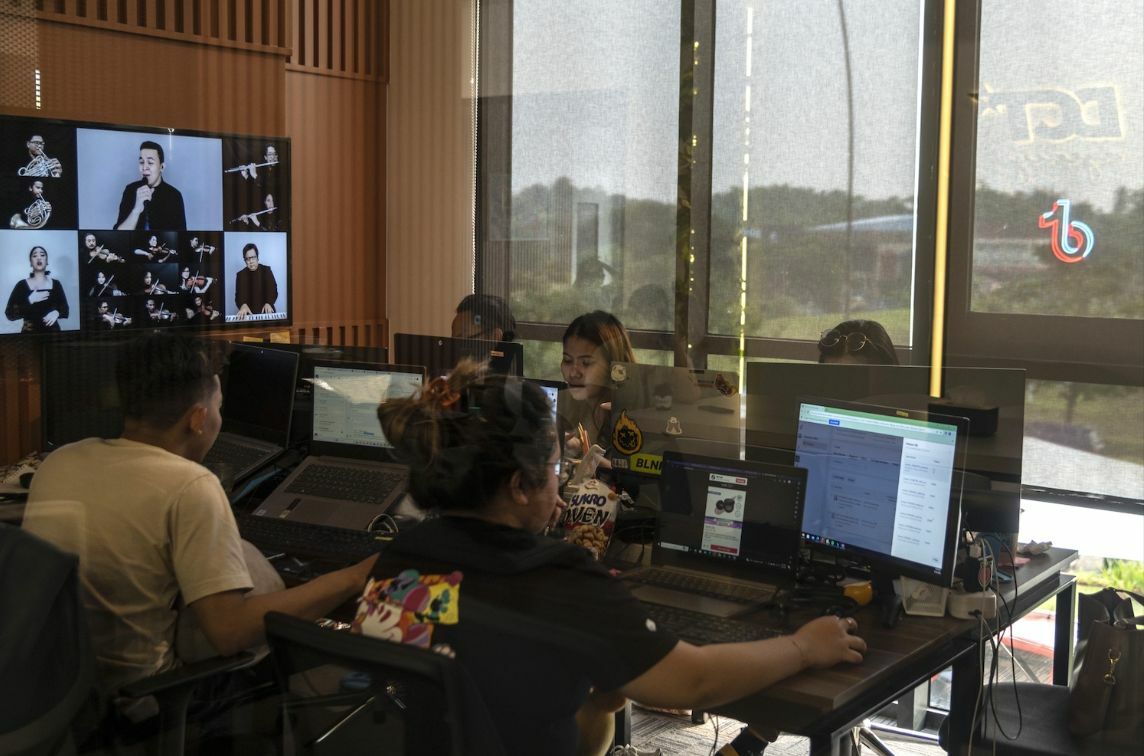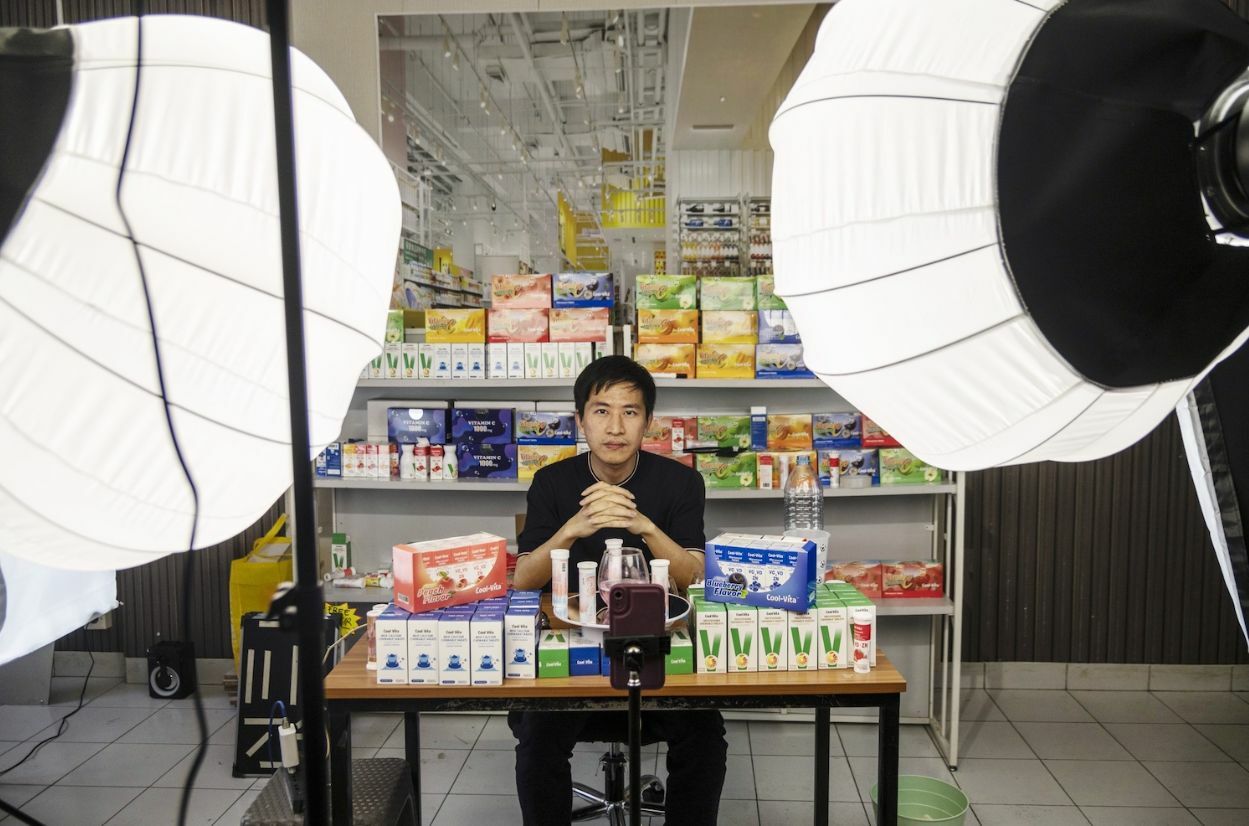TikTok’s popularity shaping e-commerce’s future in Southeast Asia

In the feverish hive of activity within a Northeast Jakarta shophouse, a myriad of salespeople takes turns advertising products ranging from cosmetics and contact lenses to hair accessories. While one individual gives guidance on choosing optimum lipstick shades, another trumpets the most recent price drop in vitamin supplements. However, far from the chaotic scene of a bustling market, this is a premier example of TikTok‘s live-streamed marketplace, a revolutionary digital platform that is yielding a windfall for innovative entrepreneurs worldwide.
TikTok, a subsidiary of ByteDance Inc. China’s giant technology corporation, has earned its household status primarily due to the viral dance challenges that explode in popularity on its platform. However, it has emerged that a different aspect of the application, TikTok Shop, is rapidly accruing a dedicated fanbase in Southeast Asia, quickly becoming the company’s fastest-growing feature.
This Southeast Asian success is of paramount importance to TikTok, as the looming threat of a potential ban in America hangs on national security pretexts. This growth also hands TikTok a blueprint for rivalling industry titans such as Amazon.com, an audacious move that no social media platform has ever dared to attempt, assuming that TikTok continues to operate in the United States.
The launch of TikTok Shop occurred first in Indonesia and has since grown to be its largest market. This is due to a young demographic that is very comfortable using mobile technologies and has enthusiastically adopted this fusion of in-app shopping and short-form video content.
Predictions suggest that this year, TikTok Shop is slated to hit US$20 billion in gross merchandise value, a monumental increase from just a year prior. Should this momentum continue, industry analysts believe that this could herald a transformative shift for a company that is already drawing consumers and advertisers from competitors like Google and Meta.
Hank Wang, who concurrently oversees a crew of around 50 live-streaming hosts located at the Jakarta shophouse, holds the conviction that TikTok Shop possesses the power to overhaul the retail industry. Moreover, he believes it can create fresh opportunities for future e-commerce tycoons.

Wang aims to mould himself in the image of Forrest Li who, originally from China, founded Sea Ltd, the parent company of Shopee. Shopee is currently one of the largest internet companies in Southeast Asia.
Under Wang’s direction, his team markets products on behalf of such consumer goods and cosmetics companies as L’Oreal. Revenue from sales is shared amongst the livestreaming hosts and Wang himself receives a portion. Despite language barriers, Wang relocated to Jakarta from Shanghai just seven months prior and established his company, Flame Media.
Shou Zi Chew, the CEO of TikTok, paid a visit to Jakarta in June. He pledged protection for billions of dollars to be invested in Southeast Asia in the coming three to five years. His warm reception in Jakarta was a stark juxtaposition to his earlier experience in Washington during which he bore through a gruelling five-hour congressional hearing. His company is still facing a potential ban ahead of the presidential elections.
People around the world are enthusiastic about the authenticity generated by TikTok Shop, as it forms a closer bond between seller and buyer. Today, TikTok reports that it has garnered more than 100 million users in Indonesia, who collectively spend more than 100 minutes on the application every day.
Despite this success, the future of TikTok Shop harbours uncertainties. Given some of the monetary struggles faced within parts of Indonesia’s middle class, the income levels in the regions may not match up to the expectations set by US consumers, reports Bangkok Post.
With these growing concerns and increased attention by the Government, the social impact of impulse buying and the eventual increase in regulatory oversights, the future of this platform remains uncertain. Despite a potential crackdown ahead and other obstacles, entrepreneurs like Wang continue to be optimistic and are ready for the next growth market. Shou said…
“The first thing is to become the No.1 in Indonesia,’ he says. ‘Then we can try another region, another continent. It’s one step at a time.”
Latest Thailand News
Follow The Thaiger on Google News:


























